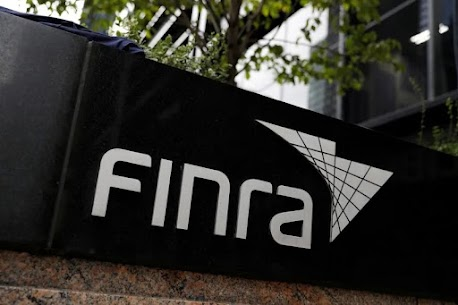
The Importance of FINRA in Financial Oversight
FINRA plays a critical role in safeguarding the integrity of the financial markets. It oversees brokerage firms, enforces compliance with securities laws, and disciplines individuals who violate industry standards. Additionally, FINRA administers arbitration and mediation, offering alternatives to lengthy court proceedings. Given its broad authority, both investors and brokers may find themselves before FINRA panels, where decisions can significantly impact finances and reputations. Engaging an experienced FINRA attorney ensures that clients are not navigating this process alone.
Why Legal Representation is Crucial
Disputes involving investments are rarely straightforward. Investors may face losses due to misrepresentation, unsuitable recommendations, unauthorized trading, or failure to disclose risks. Meanwhile, brokers and firms may face disciplinary action, regulatory investigations, or arbitration claims that threaten careers and business operations.
A FINRA lawyer offers tailored representation depending on the client’s needs. For investors, the goal is often recovery of financial damages through arbitration or settlement. For brokers, it is about protecting licenses, defending reputations, and minimizing penalties. Without legal counsel, individuals risk entering proceedings unprepared, potentially leading to unfavorable outcomes.
FINRA Arbitration Explained
Arbitration under FINRA is the primary forum for resolving disputes between brokerage firms and their clients. Unlike court litigation, arbitration is designed to be faster and more cost-efficient, but its outcomes are legally binding. This means that once an arbitration panel issues an award, there is very limited opportunity to appeal.
A FINRA arbitration lawyer prepares cases meticulously, from drafting claims or responses to presenting evidence and examining witnesses. For investors, this representation ensures that their grievances are clearly presented and supported by legal arguments. For brokers and firms, it provides a structured defense against allegations that could lead to substantial financial liability.
Mediation as a Complementary Option
In addition to arbitration, FINRA offers mediation as a voluntary process where a neutral mediator facilitates dialogue between disputing parties. Mediation can often lead to creative and mutually agreeable solutions that arbitration panels may not provide. However, even in mediation, having a FINRA dispute lawyer is important. An attorney ensures that negotiations remain balanced, that settlement terms are fair, and that the client’s long-term interests are fully protected.
Common Issues Handled by FINRA Lawyers
The types of cases addressed in FINRA arbitration are diverse. For investors, common claims include unsuitable investment strategies, excessive trading (often referred to as churning), fraud, negligence, and breaches of fiduciary duty. For brokers and firms, the cases often involve defending against these same allegations, as well as handling expungement requests to clear inaccurate or damaging complaints from professional records.
A securities litigation attorney with FINRA experience understands how to build compelling arguments, analyze trading records, and apply regulatory rules to the facts of each case. Their expertise ensures that clients’ positions are presented in the most effective way possible.
Defense Against FINRA Regulatory Actions
Beyond arbitration, FINRA also conducts investigations into potential violations of securities laws and ethical standards. These investigations can result in fines, suspensions, or even permanent industry bans. For brokers or firms under scrutiny, the stakes are extremely high.
A FINRA defense lawyer plays a vital role in these situations. They respond to regulatory inquiries, prepare clients for interviews, negotiate with regulators, and develop strategies to mitigate potential sanctions. Their goal is to protect professional standing while ensuring compliance with industry rules.
The Benefits of Working with a FINRA Lawyer
The advantage of hiring a FINRA lawyer lies in their combination of legal expertise and industry knowledge. They understand the nuances of securities law, the unique procedures of FINRA arbitration, and the strategies needed for both prosecution and defense. For investors, this often means the difference between partial recovery and full compensation. For brokers and firms, it can mean safeguarding a career against serious reputational damage.
Another important benefit is peace of mind. Clients facing the stress of financial disputes or regulatory actions can rely on their attorney to handle complex procedures, allowing them to focus on their personal or professional responsibilities.
Choosing the Right FINRA Lawyer
Not every lawyer is equipped to handle securities arbitration or regulatory defense. When selecting legal representation, experience is key. A lawyer with a proven track record in FINRA arbitration and securities regulation will have the insight necessary to craft strong strategies. Clear communication, dedication to client goals, and a history of success in securities disputes are essential factors to consider.
Conclusion
The securities industry is governed by intricate regulations designed to maintain investor confidence and market integrity. When disputes arise under the authority of FINRA, the consequences can be life-changing. A skilled FINRA lawyer offers the expertise required to navigate arbitration, mediation, and regulatory defense with professionalism and precision. Whether helping investors recover financial losses or defending brokers and firms against allegations, these attorneys play a crucial role in promoting fairness and accountability within the financial system. In an industry where trust is everything, the guidance of a FINRA lawyer is indispensable.